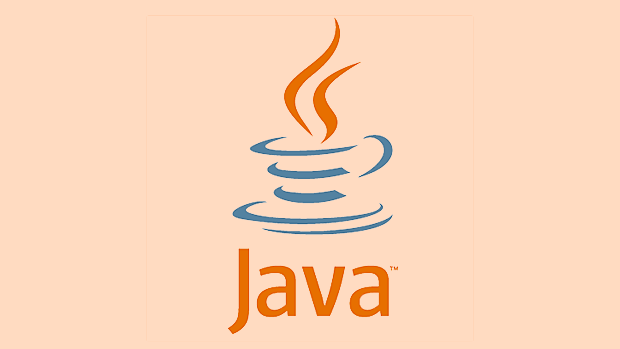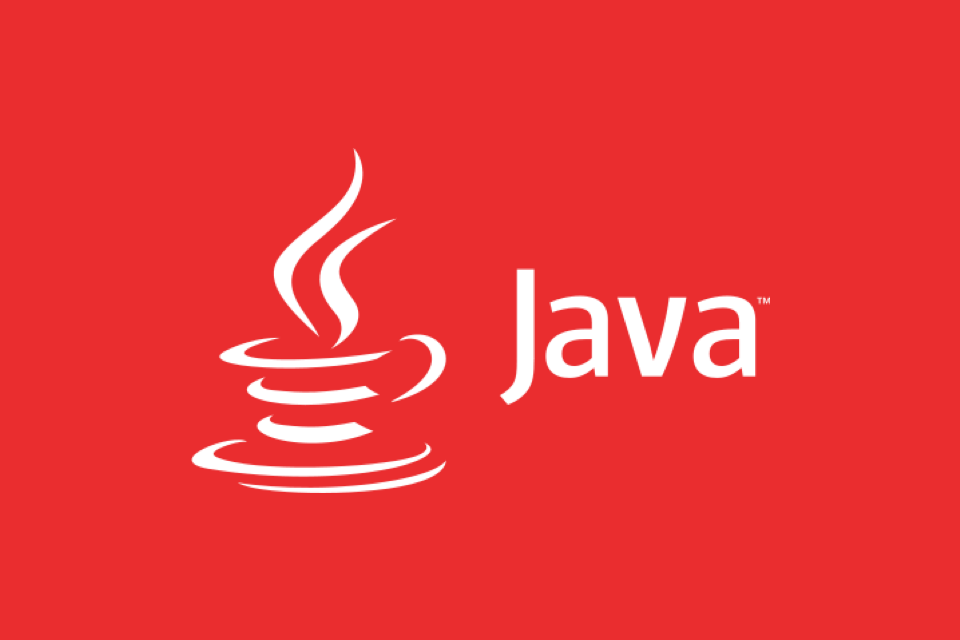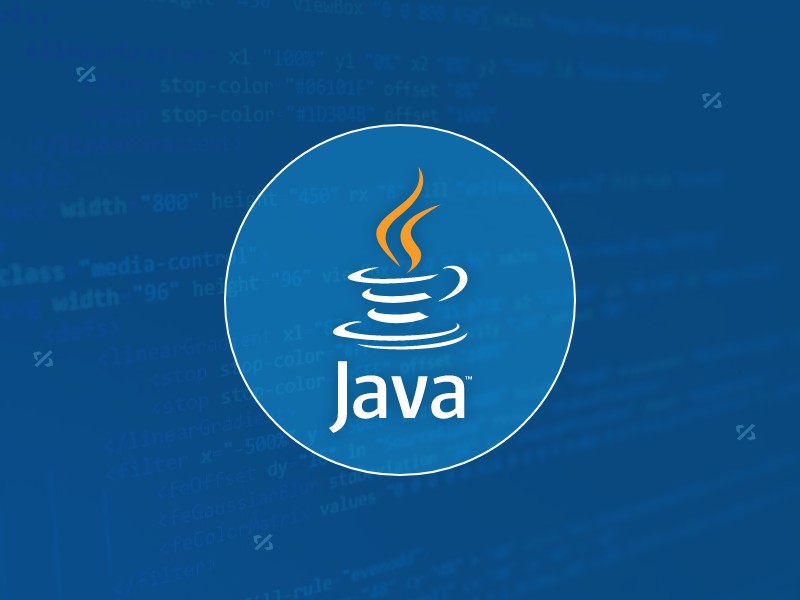In Java, enums are suitable for representing fixed constant sets. Best practices include: 1. Use enum to represent fixed state or options to improve type safety and readability; 2. Add properties and methods to enums to enhance flexibility, such as defining fields, constructors, helper methods, etc.; 3. Use EnumMap and EnumSet to improve performance and type safety because they are more efficient based on arrays; 4. Avoid abuse of enums, such as dynamic values, frequent changes, or complex logic scenarios, which should be replaced by other methods. Correct use of enum can improve code quality and reduce errors, but you need to pay attention to its applicable boundaries.

In Java programming, enums are a very practical feature, especially suitable for representing a fixed set of constants. But many people simply use it to replace constant classes. In fact, there are some notable best practices for using enum well.

1. Use Enum to indicate a fixed state or option
When you need to represent a limited and unchanging set of options, such as order status, gender, color, etc., using enum is the most suitable choice.

public enum OrderStatus {
PENDING, PROCESSING, SHIPPED, DELIVERED, CANCELLED;
}The benefits of writing this are clear, type-safe, and avoiding the problems of magic strings or magic numbers. Enum provides better readability and maintenance than using integer or string constants.
suggestion:

- Give enum values ??meaningful names
- Do not modify the existing enum value order at will (it will affect serialization)
- If you need to describe information, you can add fields and construct methods
2. Add properties and methods to Enum
Enumerations can not only have names, but also fields, constructors, and methods, which makes it more like a complete class.
For example, add an RGB value to each color:
public enum Color {
RED(255, 0, 0),
GREEN(0, 255, 0),
BLUE(0, 0, 255);
private final int r, g, b;
Color(int r, int g, int b) {
this.r = r;
this.g = g;
this.b = b;
}
public String toHexString() {
return String.format("# XXX", r, g, b);
}
}This writing makes enumeration more flexible and easier to expand functionality. You can even define abstract methods and then implement different behaviors in each enum value.
Common practices include:
- Adding toString method to facilitate log output
- Helper methods that define fromString or valueOf
- Add comments to explain the purpose of each value
3. Improve performance and type safety using EnumMap and EnumSet
Java provides collection classes EnumMap and EnumSet designed specifically for enumerations. They are more efficient than ordinary HashMap/HashSet because they use array indexing to process enum values.
For example, counting the number of user operation types:
Map<OperationType, Integer> counts = new EnumMap<>(OperationType.class);
Advantages:
- Faster access speed
- Type-safe, avoid error keys
- Lower memory footprint
Notice:
- EnumMap requires that the key must be of the same enum type
- EnumSet can only store enum values, and cannot mix other types
4. Avoid abuse of Enum
Although enum is very convenient, it is not suitable for use in every place. If you find that an enum changes frequently or has a lot of values, it may not be suitable for using enum.
Some anti-patterns include:
- Hard-code the configuration item into enum
- Enumeration values ??are loaded dynamically from the database
- Enumeration contains too many logic or complex state machines
At this time, it is more suitable to use ordinary factory methods or database configuration tables to manage.
Basically that's it. enum is a small and powerful tool in Java. It can improve code quality and reduce bugs if used well. But don't forget that its essence is a set of constants, and don't treat it as a universal solution.
The above is the detailed content of Best Practices for Using Enums in Java. For more information, please follow other related articles on the PHP Chinese website!

Hot AI Tools

Undress AI Tool
Undress images for free

Undresser.AI Undress
AI-powered app for creating realistic nude photos

AI Clothes Remover
Online AI tool for removing clothes from photos.

Clothoff.io
AI clothes remover

Video Face Swap
Swap faces in any video effortlessly with our completely free AI face swap tool!

Hot Article

Hot Tools

Notepad++7.3.1
Easy-to-use and free code editor

SublimeText3 Chinese version
Chinese version, very easy to use

Zend Studio 13.0.1
Powerful PHP integrated development environment

Dreamweaver CS6
Visual web development tools

SublimeText3 Mac version
God-level code editing software (SublimeText3)

Hot Topics
 css table-layout fixed example
Jul 29, 2025 am 04:28 AM
css table-layout fixed example
Jul 29, 2025 am 04:28 AM
table-layout:fixed will force the table column width to be determined by the cell width of the first row to avoid the content affecting the layout. 1. Set table-layout:fixed and specify the table width; 2. Set the specific column width ratio for the first row th/td; 3. Use white-space:nowrap, overflow:hidden and text-overflow:ellipsis to control text overflow; 4. Applicable to background management, data reports and other scenarios that require stable layout and high-performance rendering, which can effectively prevent layout jitter and improve rendering efficiency.
 A Developer's Guide to Maven for Java Project Management
Jul 30, 2025 am 02:41 AM
A Developer's Guide to Maven for Java Project Management
Jul 30, 2025 am 02:41 AM
Maven is a standard tool for Java project management and construction. The answer lies in the fact that it uses pom.xml to standardize project structure, dependency management, construction lifecycle automation and plug-in extensions; 1. Use pom.xml to define groupId, artifactId, version and dependencies; 2. Master core commands such as mvnclean, compile, test, package, install and deploy; 3. Use dependencyManagement and exclusions to manage dependency versions and conflicts; 4. Organize large applications through multi-module project structure and are managed uniformly by the parent POM; 5.
 How to use Java MessageDigest for hashing (MD5, SHA-256)?
Jul 30, 2025 am 02:58 AM
How to use Java MessageDigest for hashing (MD5, SHA-256)?
Jul 30, 2025 am 02:58 AM
To generate hash values using Java, it can be implemented through the MessageDigest class. 1. Get an instance of the specified algorithm, such as MD5 or SHA-256; 2. Call the .update() method to pass in the data to be encrypted; 3. Call the .digest() method to obtain a hash byte array; 4. Convert the byte array into a hexadecimal string for reading; for inputs such as large files, read in chunks and call .update() multiple times; it is recommended to use SHA-256 instead of MD5 or SHA-1 to ensure security.
 Building RESTful APIs in Java with Jakarta EE
Jul 30, 2025 am 03:05 AM
Building RESTful APIs in Java with Jakarta EE
Jul 30, 2025 am 03:05 AM
SetupaMaven/GradleprojectwithJAX-RSdependencieslikeJersey;2.CreateaRESTresourceusingannotationssuchas@Pathand@GET;3.ConfiguretheapplicationviaApplicationsubclassorweb.xml;4.AddJacksonforJSONbindingbyincludingjersey-media-json-jackson;5.DeploytoaJakar
 Developing a Blockchain Application in Java
Jul 30, 2025 am 12:43 AM
Developing a Blockchain Application in Java
Jul 30, 2025 am 12:43 AM
Understand the core components of blockchain, including blocks, hashs, chain structures, consensus mechanisms and immutability; 2. Create a Block class that contains data, timestamps, previous hash and Nonce, and implement SHA-256 hash calculation and proof of work mining; 3. Build a Blockchain class to manage block lists, initialize the Genesis block, add new blocks and verify the integrity of the chain; 4. Write the main test blockchain, add transaction data blocks in turn and output chain status; 5. Optional enhancement functions include transaction support, P2P network, digital signature, RESTAPI and data persistence; 6. You can use Java blockchain libraries such as HyperledgerFabric, Web3J or Corda for production-level opening
 css dark mode toggle example
Jul 30, 2025 am 05:28 AM
css dark mode toggle example
Jul 30, 2025 am 05:28 AM
First, use JavaScript to obtain the user system preferences and locally stored theme settings, and initialize the page theme; 1. The HTML structure contains a button to trigger topic switching; 2. CSS uses: root to define bright theme variables, .dark-mode class defines dark theme variables, and applies these variables through var(); 3. JavaScript detects prefers-color-scheme and reads localStorage to determine the initial theme; 4. Switch the dark-mode class on the html element when clicking the button, and saves the current state to localStorage; 5. All color changes are accompanied by 0.3 seconds transition animation to enhance the user
 How to convert an Array to a List in Java?
Jul 30, 2025 am 01:54 AM
How to convert an Array to a List in Java?
Jul 30, 2025 am 01:54 AM
Converting an array into a list in Java requires selecting methods based on the data type and requirements. ① Use Arrays.asList() to quickly convert an object array (such as String[]) into a fixed-size List, but elements cannot be added or deleted; ② If you need a mutable list, you can encapsulate the result of Arrays.asList() through the ArrayList constructor; ③ For basic type arrays (such as int[]), you need to use StreamAPI conversion, such as Arrays.stream().boxed().collect(Collectors.toList()); ④ Notes include avoiding null arrays, distinguishing basic types from object types, and explicitly returning columns
 python property decorator example
Jul 30, 2025 am 02:17 AM
python property decorator example
Jul 30, 2025 am 02:17 AM
@property decorator is used to convert methods into properties to implement the reading, setting and deletion control of properties. 1. Basic usage: define read-only attributes through @property, such as area calculated based on radius and accessed directly; 2. Advanced usage: use @name.setter and @name.deleter to implement attribute assignment verification and deletion operations; 3. Practical application: perform data verification in setters, such as BankAccount to ensure that the balance is not negative; 4. Naming specification: internal variables are prefixed, property method names are consistent with attributes, and unified access control is used to improve code security and maintainability.






